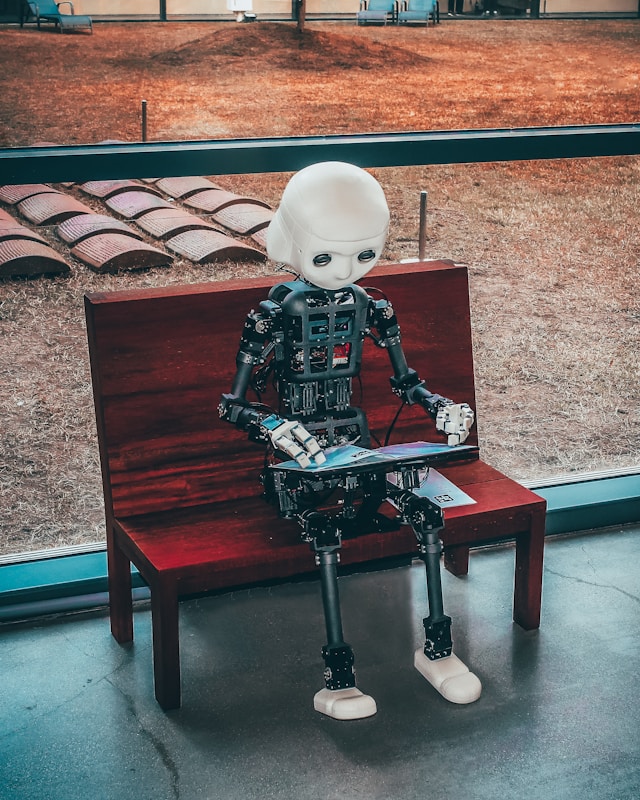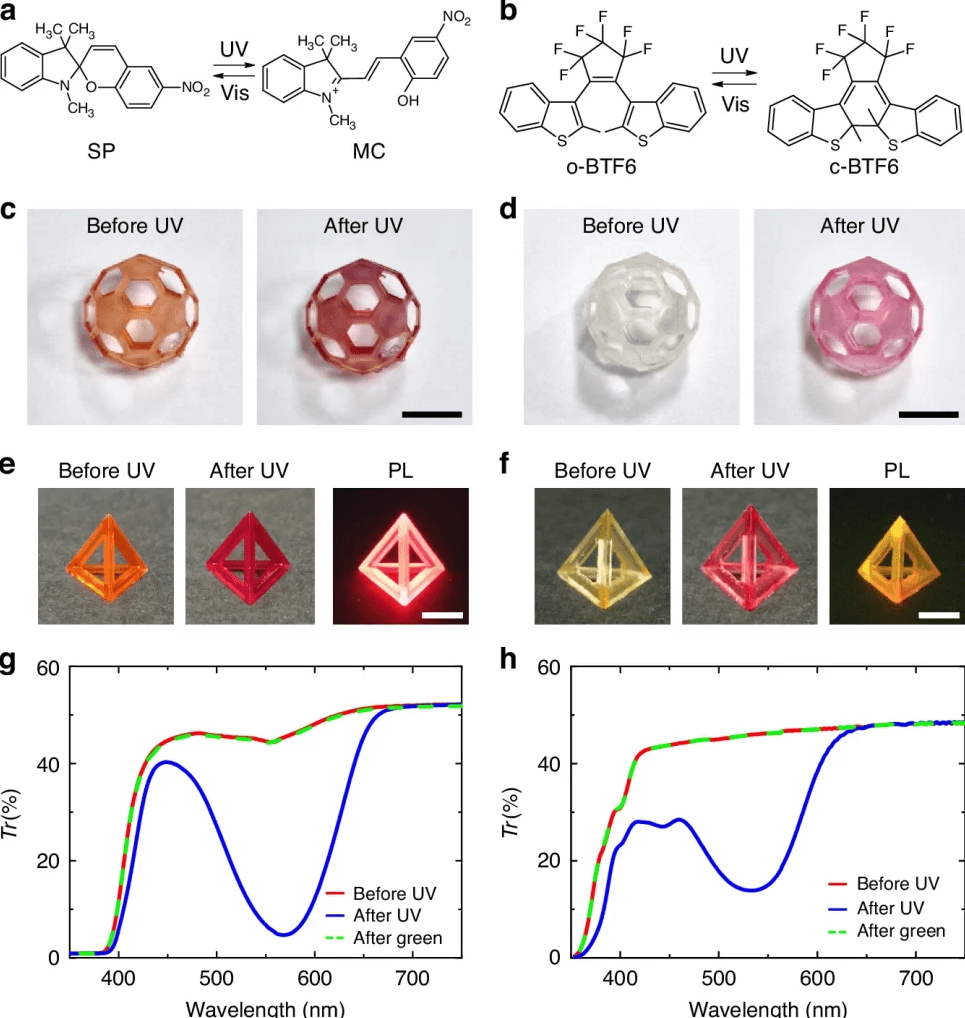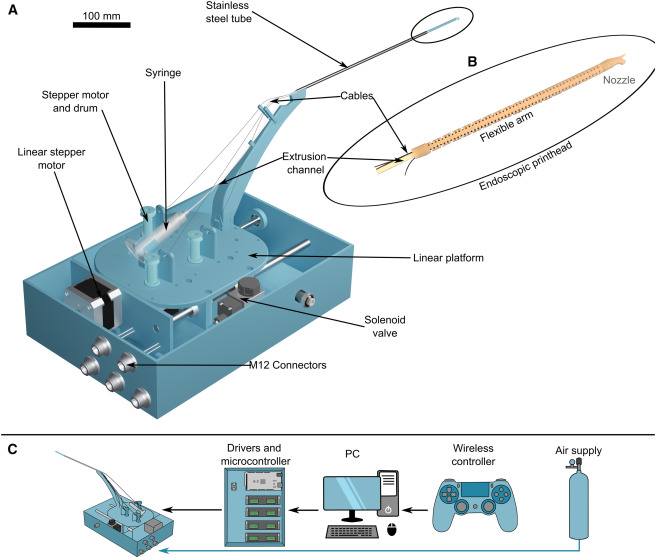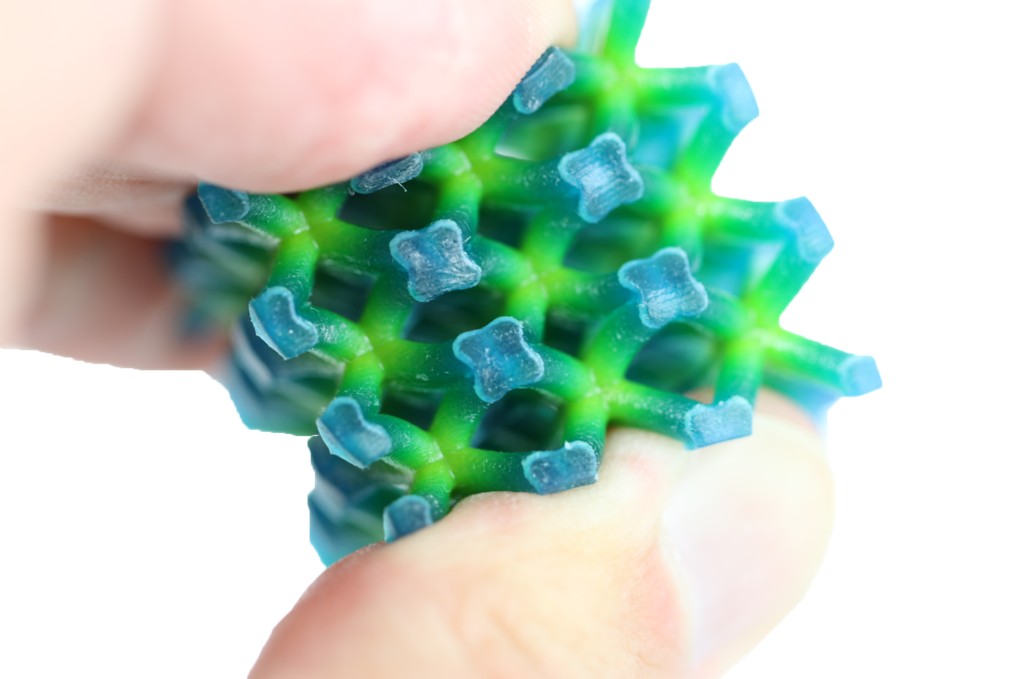
Date:2025-10-20 09:17:40
Patients may soon leave the dentist with a permanent crown in just a few hours.
Researchers at the University of Texas at Dallas have developed a technology that enables same-day, 3D-printed dental restorations made of zirconia, the gold-standard material for permanent dental work.
The innovation could transform crowns, bridges, veneers, and other restorations by making them faster, more personalized, and convenient for patients.
The team is working toward commercialization with support from the National Science Foundation (NSF).
Dental crowns are caps placed over damaged or decaying teeth and can also serve as supports for dental bridges.
Currently, same-day 3D-printed crowns exist, but they use ceramic resins that lack zirconia’s strength. While zirconia crowns are available, they are milled, a process that limits design complexity and carries risks of micro-cracking.
Debinding bottleneck broken
The UT Dallas team solved a key challenge: the lengthy processing time required after 3D-printing zirconia.
After printing, crowns must undergo debinding, which removes the resin holding zirconia particles, and sintering, which fuses the particles into a solid structure. Traditionally, debinding can take 20 to 100 hours.
“Debinding has been the bottleneck in the process,” said Dr. Majid Minary, professor of mechanical engineering.
“It must be done very slowly. If you speed it up, the polymer being burned off turns into gas, and if that gas cannot escape, the crown may crack or fracture. A debinding time of 20 to 100 hours is not practical for same-day dental service. As a result, 3D-printed permanent zirconia restorations are not yet commercially available.”
The breakthrough reduces debinding time to less than 30 minutes. Using porous graphite felt and enhanced heat transfer, gas released from the resin escapes while a vacuum system removes it, allowing crowns to survive the process without cracking.
“With our technology, if a practitioner wants to offer a 3D-printed zirconia crown chair-side, they could provide it to a patient within just a few hours,” Minary said.
Faster, stronger, smarter
The project, involves collaborations with Pan-AM Dental Laboratory, 3DCeram Sinto Inc., and Dr. Amirali Zandinejad, a prosthodontist and former Texas A&M associate professor.
Additional UT Dallas contributors include Mahdi Mosadegh, first author and doctoral student; Moein Khakzad; Zahra Sepasi; Kalyan Nandigama; and Dr. Golden Kumar.
The team recently received a $550,000 NSF Partnerships for Innovation – Technology Translation award to support commercialization.
The funding aims to bring chair-side, 3D-printed zirconia restorations to dental practices, improving treatment speed and patient experience.
3D-printed zirconia crowns offer stronger, more customizable solutions than resin alternatives, and unlike milled zirconia, they allow for complex designs with less risk of fractures.
This could lower waste, reduce costs, and give dentists a tool to provide truly same-day permanent restorations.
“This approach offers greater personalization, faster treatment and the convenience of receiving a permanent restoration in a single visit,” said Minary.





